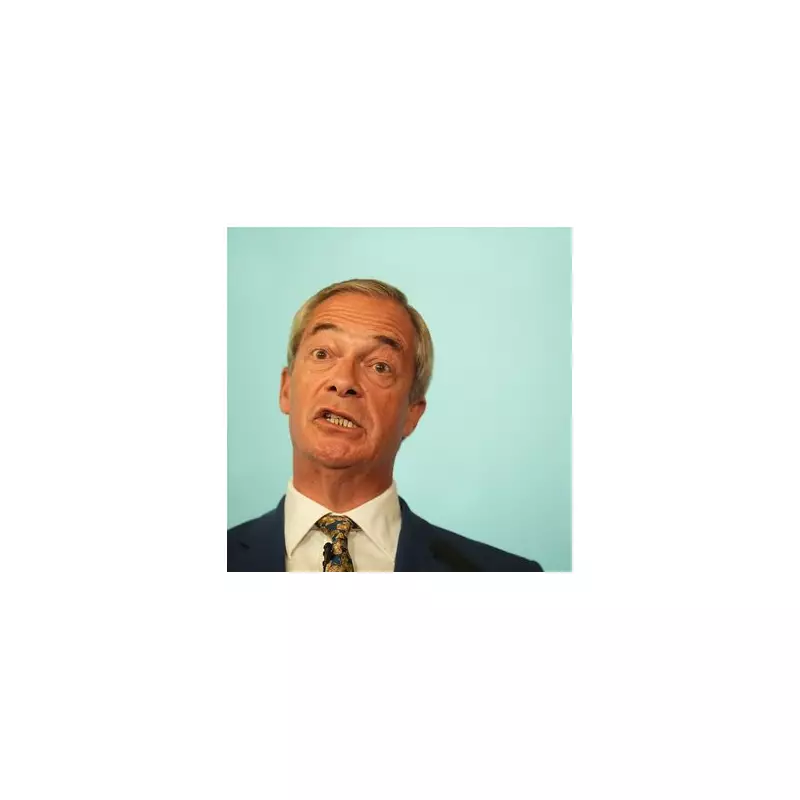
Labour leader Sir Keir Starmer has delivered a furious condemnation of Nigel Farage, branding his assertion that the West provoked Vladimir Putin's invasion of Ukraine as "appalling" and a gift to the Russian dictator's propaganda machine.
The political firestorm erupted after the Reform UK honorary president, in a BBC interview, stated that the Eastern expansion of NATO had given Putin a reason to justify his brutal war. Farage doubled down on his comments, refusing to apologise and insisting he was merely stating a factual cause of the conflict.
Starmer's Blistering Rebuke
Sir Keir did not hold back in his response, accusing Farage of parroting Putin's talking points. "To blame the West for the illegal invasion of Ukraine, for the war crimes, for the crimes against humanity... is disgraceful," Starmer declared. He emphasised that such rhetoric undermines the unity of Western allies standing with Ukraine.
The Labour leader's outrage was palpable as he addressed reporters, making it clear that Farage's position is far outside the mainstream of British political consensus on Ukraine.
Farage Refuses to Back Down
Despite facing a wave of criticism from across the political spectrum, Nigel Farage remains defiant. In a statement, he argued that he was simply being honest about the events leading up to the February 2022 invasion, though he maintained he still condemns the act itself.
This controversy has thrown Reform UK's campaign into turmoil, with leader Richard Tice attempting to distance the party from Farage's remarks while not directly criticising the influential figure.
Wider Political Fallout
The incident has significant implications for the general election campaign:
- Conservative Response: Rishi Sunak called the comments "completely wrong" and damaging to UK security
- Military Backlash: Former Army commander Colonel Richard Kemp labelled Farage a "Putin apologist"
- Campaign Impact: The controversy threatens to derail Reform UK's momentum in key constituencies
As the debate intensifies, Starmer's forceful rejection of Farage's position reinforces Labour's commitment to supporting Ukraine, drawing a clear dividing line between the major parties and Reform UK on foreign policy.






